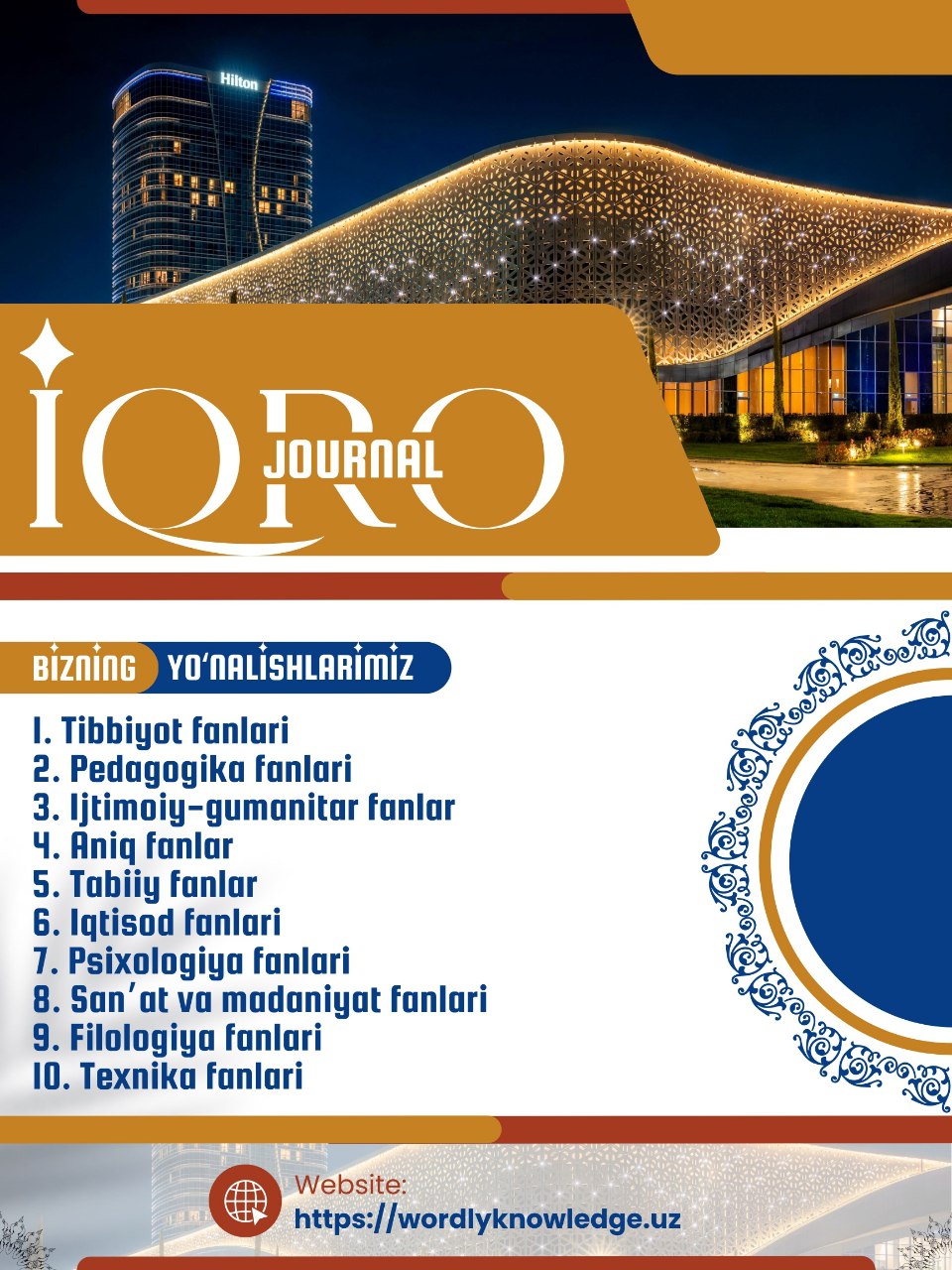INCORPORATING STUDENTS' PSYCHOLOGY IN ENGLISH LANGUAGE TEACHING METHODOLOGY
Keywords:
English language teaching, students' psychology, motivation, individual approach, teaching methodology, emotional state.Abstract
This article analyzes the importance of students' psychology in English language teaching methodology and how it influences the educational process. Teaching English not only involves learning grammar but also requires considering students' psychology. The article discusses methodological approaches based on students' psychology, taking into account students' mental and emotional states during lessons, and the strategies to be applied to achieve effective results in language learning. From a psychological perspective, the article highlights the importance of motivating students and providing individual approaches in English language teaching.
References
1.Abdusamatovna, I. S. (2023). PROCESS AND CRITERIA OF TEACHING LISTENING. International journal of advanced research in education, technology and management, 2(3).
2.Dörnyei, Z. (2001). Teaching and researching motivation. Longman.
3.Gardner, R. C. (1985). Social psychology and second language learning: The role of attitude and motivation. Edward Arnold.
4.Goleman, D. (1995). Emotional Intelligence: Why It Can Matter More Than IQ. Bantam Books.
5.Vakhobova, F., Musayeva, N., qizi Madaminova, S. A., Bakhronova, M., qizi Ziyadulloyeva, M. S., qizi Yuldashova, N. A., & Ergasheva, S. (2023). Linguocultural study of anthroponyms in irrelative languages (on the material of English and Uzbek epics). In E3S Web of Conferences (Vol. 420, p. 10029). EDP Sciences.
6.Vygotsky, L. S. (1978). Mind in Society: The Development of Higher Psychological Processes. Harvard University Press.
7.Xasanovna, O. L. (2025). PECULIARITIES OF TEACHING ENGLISH TO STUDENTS WITH A HIGH LEVEL OF LANGUAGE PREPARATION. PROSPECTS OF TEACHING ENGLISH FOR PROFESSIONAL PURPOSES IN NON–PHILOLOGICAL HIGHER EDUCATION INSTITUTIONS: PROBLEMS AND SOLUTIONS, 194-199.














